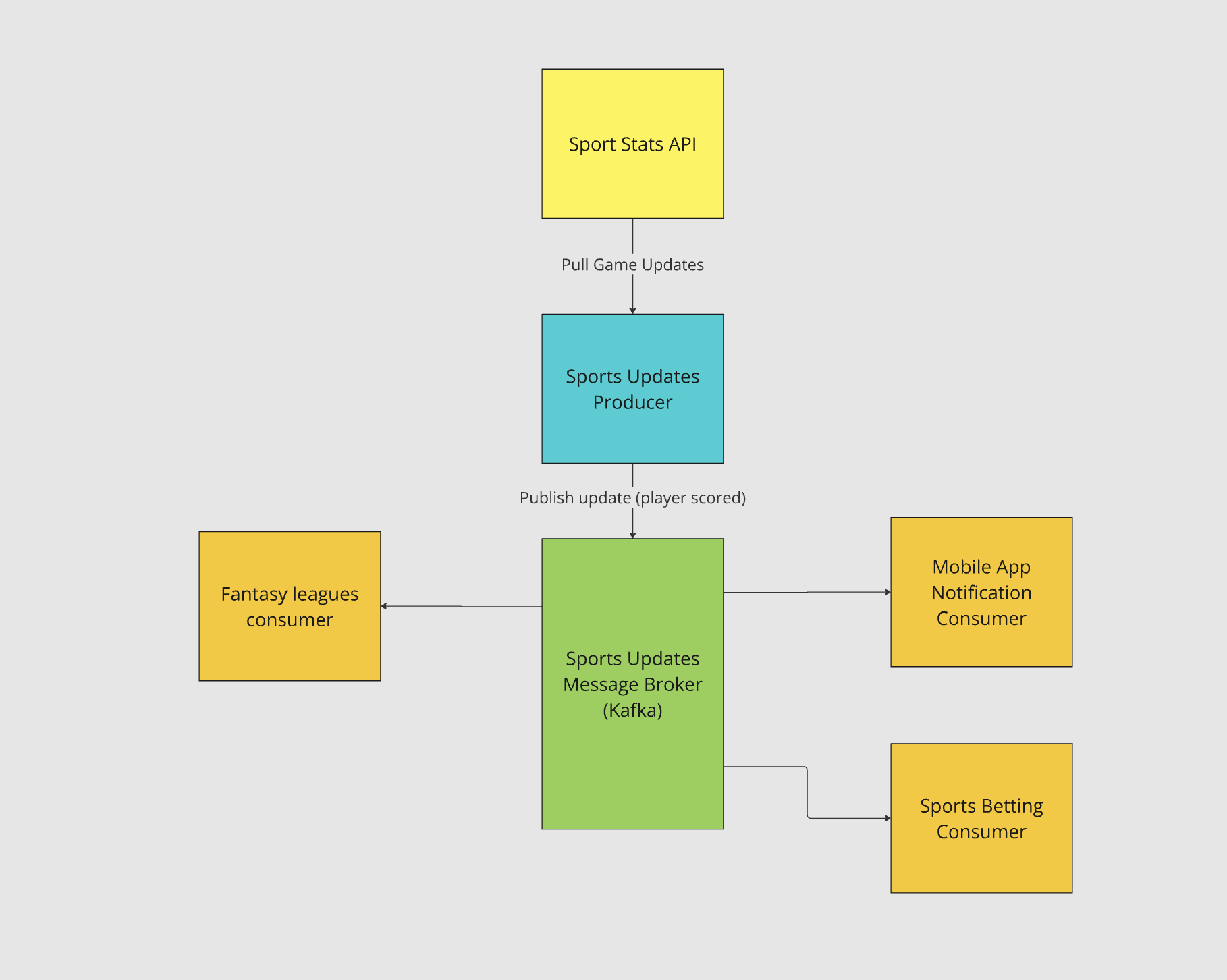Background
In my discussion of queues, I introduced the concept of a queue and what types of benefits it brings to the table. I encourage the reader to read that article before this one.
Message brokers are components that are built on top of a queue. They offer more functionality than simple queues.
Functionalities
A message broker is software that enables and simplifies the communication between different programs. The programs may be written in any language; the message brokers are language agnostic. Most languages have libraries that simplify the usage of common message brokers.
Here are some key benefits provided by message brokers:
- Message delivery assurances. While a simple queue does not guarantee the delivery of a message, a message broker maintains state that tracks the delivery of a message and ensures the message is processed at least once. It handles message delivery retries as well.
- Multiple consumers. Message brokers allow for multiple consumers to subscribe to a particular message queue. In the simple queue example, only one process could consume the queue.
- Data durability. Some message brokers like Kafka allow for the state of the queue to be periodically flushed to hard disk, increasing data durability.
- Protocol translation. Brokers can often translate between different communication protocols, making them especially useful for communicating between different processes using different protocols.
Example: Multiple Consumers

Popular Message Brokers
- Apache Kafka
- RabbitMQ
- Amazon SQS
Key Takeaways
- Message brokers are built on top of queues and enhance their functionality.
- Message brokers allow for multiple consumers to read from one queue.
